Amir Ban
Budget-Constrained Reinforcement of Ranked Objects
Mar 27, 2022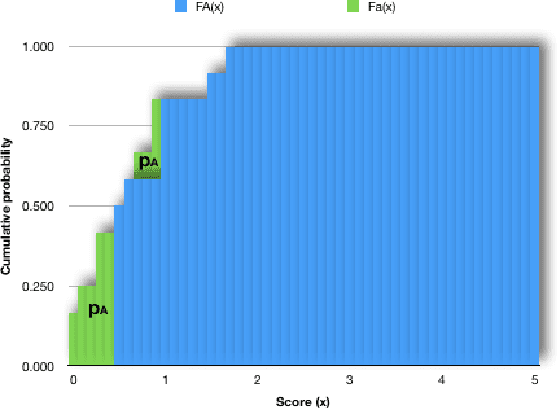
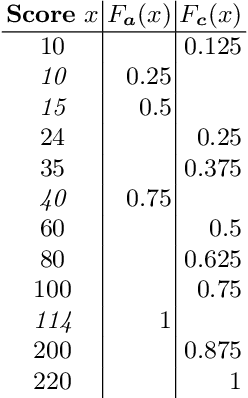
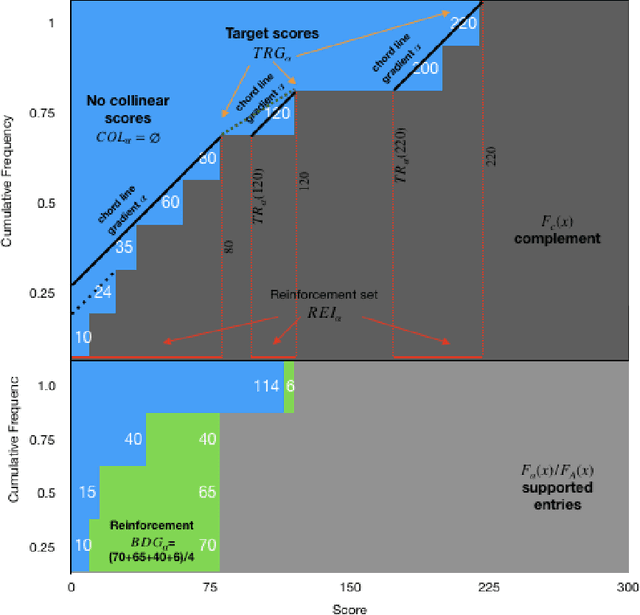
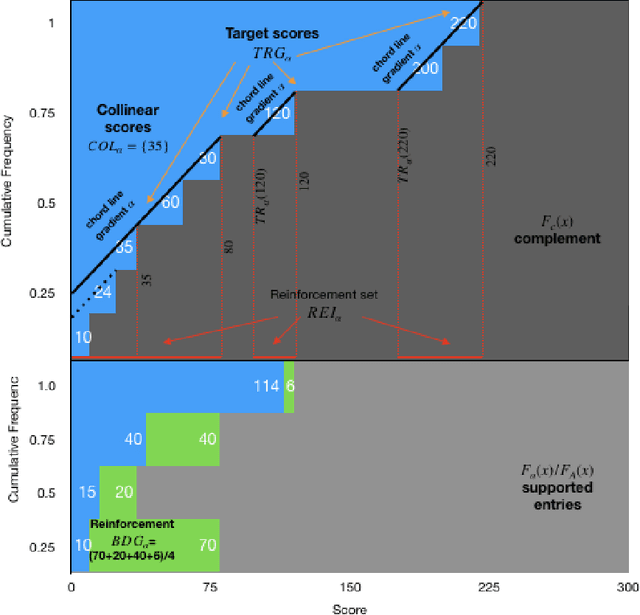
Abstract:Commercial entries, such as hotels, are ranked according to score by a search engine or recommendation system, and the score of each can be improved upon by making a targeted investment, e.g., advertising. We study the problem of how a principal, who owns or supports a set of entries, can optimally allocate a budget to maximize their ranking. Representing the set of ranked scores as a probability distribution over scores, we treat this question as a game between distributions. We show that, in the general case, the best ranking is achieved by equalizing the scores of several disjoint score ranges. We show that there is a unique optimal reinforcement strategy, and provide an efficient algorithm implementing it.
Are All Experts Equally Good? A Study of Analyst Earnings Estimates
May 13, 2018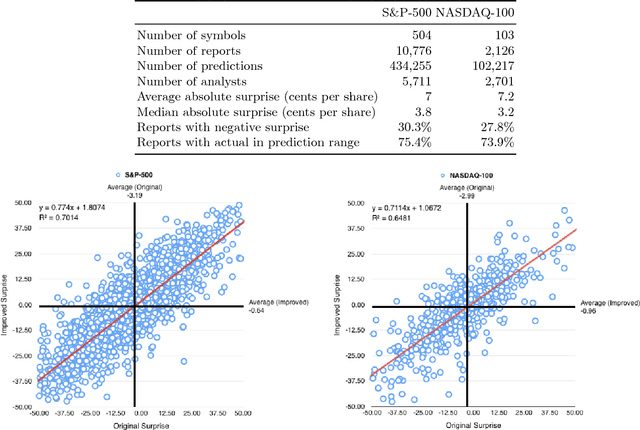
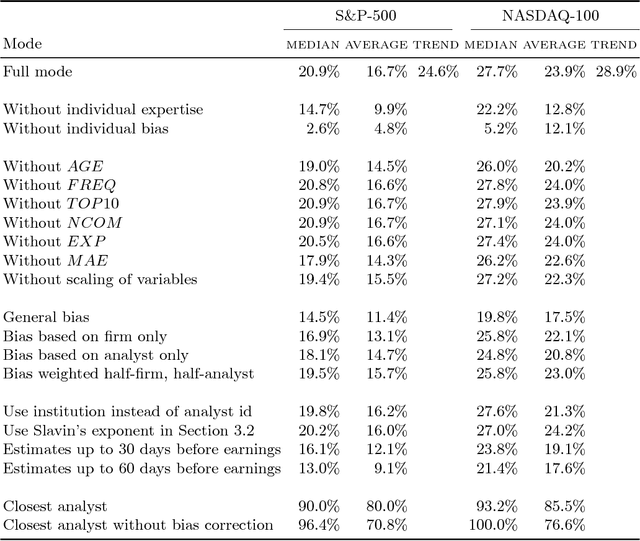
Abstract:We investigate whether experts possess differential expertise when making predictions. We note that this would make it possible to aggregate multiple predictions into a result that is more accurate than their consensus average, and that the improvement prospects grow with the amount of differentiation. Turning this argument on its head, we show how differentiation can be measured by how much weighted aggregation improves on simple averaging. Taking stock-market analysts as experts in their domain, we do a retrospective study using historical quarterly earnings forecasts and actual results for large publicly traded companies. We use it to shed new light on the Sinha et al. (1997) result, showing that analysts indeed possess individual expertise, but that their differentiation is modest. On the other hand, they have significant individual bias. Together, these enable a 20%-30% accuracy improvement over consensus average.
 Add to Chrome
Add to Chrome Add to Firefox
Add to Firefox Add to Edge
Add to Edge